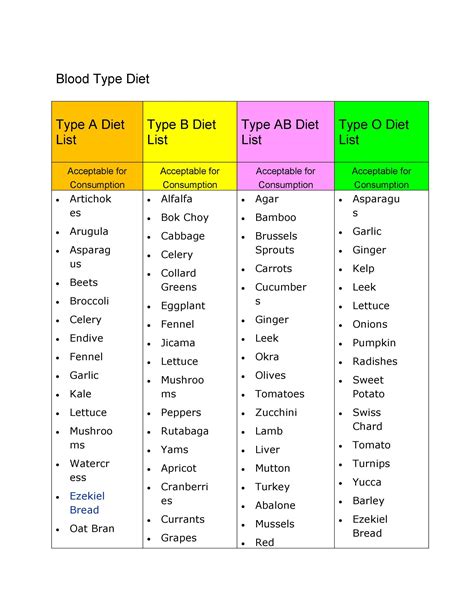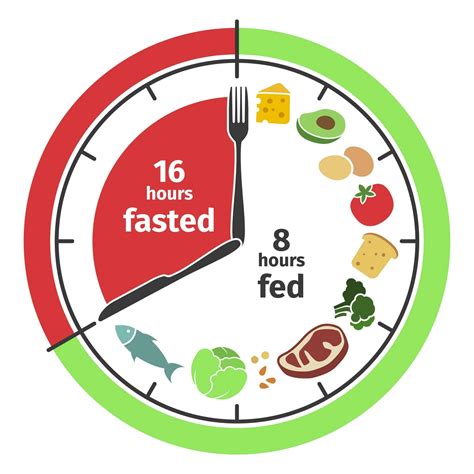Learn about The Hacker’s Diet, personalized diet plans, tracking progress, exercise tips, and long-term weight management for successful weight loss journey.
Introduction to The Hacker’s Diet
Contents
The Hacker’s Diet is a groundbreaking approach to weight management and fitness that was developed by programmer and author John Walker. Unlike fad diets that come and go, The Hacker’s Diet is based on solid principles of calorie counting, self-monitoring, and gradual weight loss. The program is unique in that it uses a systematic, data-driven approach to weight management, allowing individuals to take control of their health and fitness in a methodical and practical way.
The main idea behind The Hacker’s Diet is that weight management is akin to problem-solving and that individuals can use scientific principles and self-observation to achieve their weight loss goals. The program emphasizes the importance of tracking daily weight, calorie intake, and exercise, and using this data to make informed decisions about diet and fitness. This data-driven approach sets The Hacker’s Diet apart from other weight loss programs and gives individuals the tools they need to manage their weight in a sustainable and effective way.
The program also includes a variety of online tools and resources to help individuals track their progress, calculate calorie needs, and set weight loss goals. These tools make it easy for users to apply the principles of The Hacker’s Diet to their own lives, and create a personalized plan that aligns with their specific health and fitness needs. By focusing on data analysis, self-observation, and personalized goal-setting, The Hacker’s Diet provides a comprehensive and practical framework for individuals to take control of their weight and fitness.
In summary, The Hacker’s Diet is an innovative and practical approach to weight management that empowers individuals to take control of their health and fitness in a methodical and sustainable way. By leveraging the principles of calorie counting, self-monitoring, and personalized goal-setting, individuals can use data-driven techniques to achieve gradual and lasting weight loss. The program is unique in its emphasis on scientific principles and problem-solving, and provides individuals with the tools they need to succeed in their weight management journey.
Developing a personalized diet plan
When embarking on a weight loss journey, it’s important to develop a personalized diet plan that works for your individual needs and lifestyle. This means taking into account your dietary restrictions, food preferences, and nutritional requirements to create a sustainable and effective eating plan.
Start by assessing your current eating habits and identifying areas for improvement. Take note of the types of foods you typically consume, as well as your portion sizes and meal frequency. This will help you pinpoint any patterns or behaviors that may be hindering your weight loss efforts.
Next, set specific and achievable goals for your diet. Whether it’s reducing your daily calorie intake, increasing your consumption of fruits and vegetables, or cutting back on processed foods, having clear objectives will help guide your meal planning and food choices.
Consider seeking professional guidance from a nutritionist or dietitian to help you develop a personalized diet plan. These experts can provide valuable insight into effective weight loss strategies, as well as tailor a meal plan to meet your individual needs and preferences.
Finally, be open to making gradual changes and adjustments to your diet plan as you progress. What works for one person may not work for another, so it’s important to remain flexible and adaptable in your approach to developing a personalized diet plan.
Tracking progress and monitoring weight loss
Tracking progress and monitoring weight loss
When embarking on a weight loss journey, it is crucial to track your progress to ensure that you are moving in the right direction. Monitoring your weight loss allows you to make adjustments to your diet and exercise regimen as needed.
One effective method of tracking progress is by keeping a record of your weight on a regular basis. This could be done by weighing yourself weekly or biweekly and recording the results in a journal or using a digital tracking app. Seeing the numbers change over time can provide motivation and help you stay focused on your goals.
Another important aspect of monitoring weight loss is keeping track of body measurements. As you lose weight, you may notice changes in your waist, hips, and other areas. Taking measurements at regular intervals can help you see the physical changes that may not be reflected on the scale.
In addition to tracking physical changes, it is also beneficial to monitor other aspects of your health, such as energy levels, mood, and overall well-being. These factors can provide insight into how your body is responding to your diet and exercise routine.
Overall, tracking progress and monitoring weight loss is a crucial part of any weight management plan. By keeping a close eye on your results and making adjustments as needed, you can stay on track towards reaching your goals and maintaining a healthy weight in the long term.
Incorporating exercise into the diet plan
When it comes to losing weight and maintaining a healthy lifestyle, it’s important to not only focus on diet, but also incorporate exercise into your daily routine. Exercise is crucial for not only burning calories, but also for improving overall physical and mental well-being. It helps to boost metabolism, build lean muscle mass, and improve cardiovascular health.
One of the best ways to incorporate exercise into your diet plan is to find physical activities that you enjoy. Whether it’s going for a walk, taking a dance class, or lifting weights at the gym, finding an exercise that you find enjoyable will make it easier to stick to a regular routine. This will also help to prevent burnout and keep you motivated to continue on your weight loss journey.
Tracking your progress is also important when incorporating exercise into your diet plan. You should keep a record of your workouts, including the type of exercise, duration, and intensity. This will help you to monitor your progress and make adjustments to your routine as needed. Additionally, consider using a fitness tracker or app to keep track of your activity levels, steps taken, and calories burned.
Incorporating strength training into your exercise routine is also beneficial for weight loss. Building lean muscle mass helps to increase your metabolism and burn more calories even at rest. Consider adding resistance training exercises such as squats, lunges, push-ups, and weight lifting to your workout regimen.
Lastly, it’s important to maintain a balance between diet and exercise. While exercise is important for weight loss, it’s not a license to indulge in unhealthy foods. Be mindful of your diet and ensure that you are consuming nutritious, balanced meals that support your fitness goals.
Maintaining long-term weight management
When it comes to maintaining long-term weight management, it’s important to focus on sustainable lifestyle changes rather than quick fixes. This means making gradual adjustments to your diet and exercise habits that you can stick to for the long haul. One of the keys to long-term weight management is finding a balanced approach that works for you and is not too restrictive.
As you progress in your journey to maintain a healthy weight, it’s crucial to set realistic goals and expectations. Trying to achieve and maintain an unrealistic weight can lead to frustration and eventually giving up on your weight management plan. By taking a gradual and realistic approach, you are more likely to achieve and maintain long-term success.
Tracking your progress is also important for long-term weight management. This can be done by regularly weighing yourself, keeping a food journal, and recording your physical activity. By monitoring your progress, you can identify any potential challenges or setbacks and make necessary adjustments to your plan.
In addition to diet, incorporating regular exercise into your routine is essential for maintaining long-term weight management. Engaging in physical activity not only helps to burn calories but also improves overall health and well-being. Find an exercise routine that you enjoy and can sustain over time, whether it’s walking, swimming, or participating in a fitness class.
Finally, it’s important to remember that maintaining long-term weight management is a lifelong process. It’s normal to experience fluctuations in weight, and it’s essential to stay committed to your healthy habits even during challenging times. By staying consistent, being flexible, and seeking support when needed, you can successfully maintain a healthy weight for the long term.












